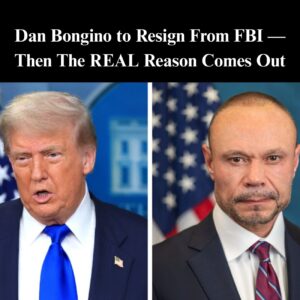President Donald Trump’s executive order intended to combat anti-Semitism has ignited widespread debate, particularly over concerns that it could threaten free speech and academic freedom. While the administration presents the order as a necessary tool to address rising anti-Semitic incidents, critics argue that it dangerously conflates political opposition to Israel with hatred of Jewish people. This distinction, they say, is especially important in academic environments, where open political discourse, including pro-Palestinian activism, plays a vital role.
One of the most contentious aspects of the order is its potential use of immigration laws to target international students. The policy allows for the possibility of deporting non-citizens if their actions are deemed anti-Israel, raising alarms that it may be used to punish political expression rather than actual hate speech. Detractors argue that such a measure could have a chilling effect on international students, discouraging them from participating in peaceful protest or expressing political opinions for fear of losing their visa status.
Civil rights organizations and student advocacy groups have strongly criticized the order, warning that it could undermine the core values of higher education. By equating criticism of Israel with anti-Semitism, the policy may suppress dissenting voices and discourage legitimate political discourse. This, they argue, compromises the academic freedom that is essential to fostering critical thinking, intellectual diversity, and civic engagement on university campuses.
The reach of the order goes beyond educational institutions. Critics are concerned about the broader precedent it sets—namely, using concerns over extremism to justify restrictions on civil liberties. Linking political expression with immigration enforcement creates an environment of fear and potential censorship. International students, in particular, may avoid discussing politically sensitive topics, even when grounded in human rights concerns, simply to avoid scrutiny or retaliation.
At the heart of the controversy is a larger question: how can the government fight discrimination without compromising constitutional rights? While there is no dispute over the importance of confronting anti-Semitism, many believe the executive order takes the wrong approach. By failing to distinguish between hate speech and political expression, the policy risks violating fundamental democratic principles, including the freedom of speech and the right to dissent.
In conclusion, Trump’s executive order on anti-Semitism highlights the complex and often fraught relationship between national policy, civil rights, and political expression. While the stated goal of combating hate is commendable, critics argue that the methods outlined in the order could stifle debate, particularly among international students and pro-Palestinian activists. As the conversation continues, it is vital to ensure that efforts to protect marginalized communities do not come at the expense of the freedoms that form the bedrock of democratic society. Universities, in particular, must remain spaces where diverse viewpoints are not only allowed but encouraged in the pursuit of truth and justice.

